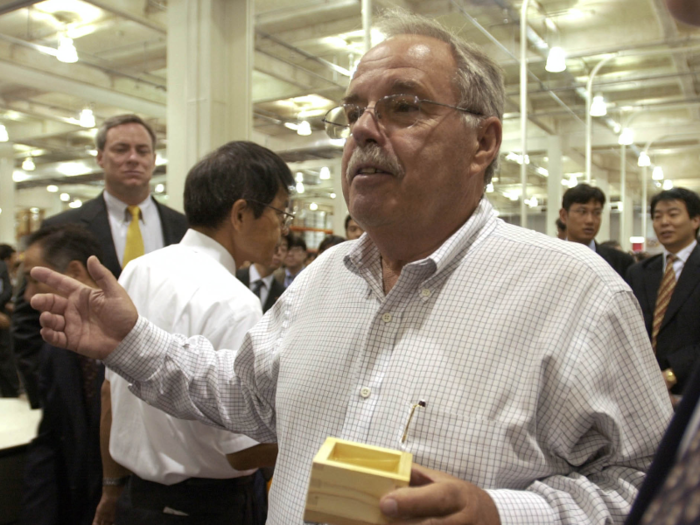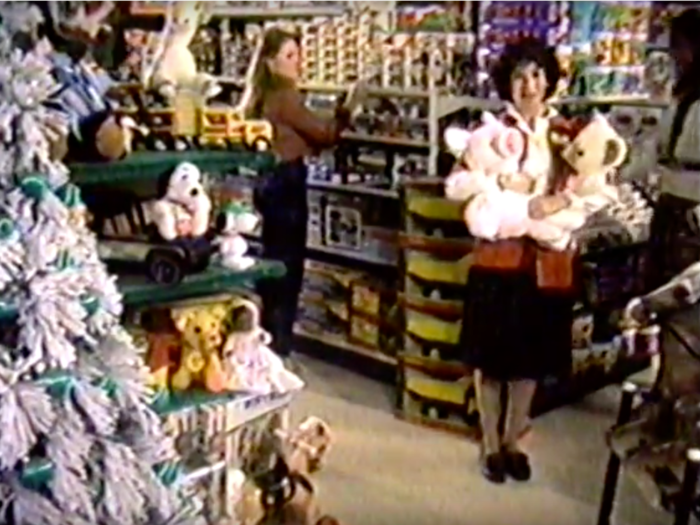Inspired by Fedco, Sol Price — whose Price Club chain would ultimately merge with Costco — founded FedMart in 1954. Costco founder James Sinegal himself worked at FedMart before moving on to found his own venture. The company ultimately liquidated its 46 warehouses in 1982 and closed its doors forever.
It's not quite fair to say that Price Club, which opened its doors in 1976, is a defunct members-only warehouse. But Costco did erase the Price Club brand when the two retailers merged in 1993. By 1997, all the remaining Price Clubs — or "blue warehouses," as early employees called them — had been retooled as Costcos.
E.J. Korvette didn't start out as a members-only outlet. The retailer, which closed in 1980 after 32 years in business, pivoted to that business model after competitors like Gimbels and Macy's filed suit about E.J. Korvette's low prices. The New York Times reported that E.J. Korvette employees would hand out cards to "members" as they entered the stores.
The Government Employees Mart — or G.E.M. — Membership Department Stores catered exclusively to civil servants, members of the military, and government contractors. The company launched in 1956. According to the Democrat and Chronicle, the chain shut down in 1973.
After bursting onto the scene in Anaheim, California, in 1959, Gemco was quickly snapped up by Lucky Stores. In 1986, The Los Angeles Times reported that Lucky Stores sacrificed its members-only warehouse club in order to stave off a hostile takeover. All Gemco warehouses closed that year.
Founded in Aurora, Colorado in 1983, the Pace Membership Warehouse chain faced a fate similar to that of Price Club. Kmart acquired the brand for $322 million in 1989, only to sell it to Sam's Club four years later. The Walmart-owned retailer ultimately converted all of the Pace warehouses to Sam's Club locations.






